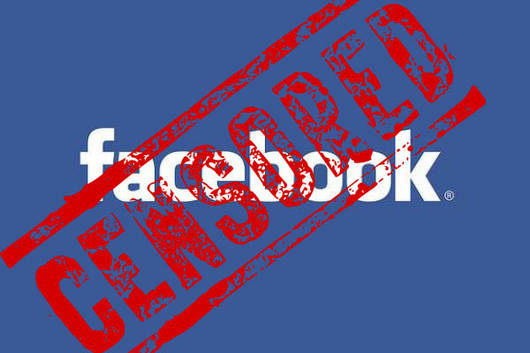Facebook Safety Feature Exposes Beirut-Paris ‘Double-Standard’
Facebook enabled ‘safety check’ after Paris attacks, but not after bombing in Beirut.
Facebook has come under fire for selectively implementing its “safety check” feature for Paris, but not for other cities that have also been the target of bomb blasts. The feature was activated shortly after coordinated attacks across Paris late on Friday, which left 129 people dead and 352 wounded, 99 critically.
The criticism has caused debate on social media platforms over the presumed value of Western lives over the lives of victims in the Middle East and other non-Western regions.
The feature had previously been restricted for use during natural disasters, and was first activated following the Nepal earthquake in April. Unveiled in October, 2014, the feature works by using geolocation data to identify users in the area affected by a “disaster.”
According to a Facebook statement at the launch of Safety Check, the feature would be used in times of “disaster or crisis,” but what exactly counts as disaster or crisis is up to the discretion of Facebook’s “Social Good” team.
Social media users took issue with the decision to include Paris but not other major cities that have suffered similar attacks, most notably in Beirut, where suicide bombers had killed at least 43 people just a day before the attacks in Paris.
A widely-circulated post by francophone Lebanese blogger Joey Ayoub criticized the disparity in reactions to the two attacks, arguing that the deaths in Beirut had not galvanized global support in the same way as Paris.
“We don’t get a safe button on Facebook. ‘We’ don’t get late night statements from the most powerful men and women alive and millions of online users,” he says.
Both attacks have been claimed by the Islamic State of Iraq and the Levant (ISIL) group.
Some were not entirely convinced by the claims on social media, arguing that there are other factors at play in determining the value of the Facebook feature in Beirut versus Paris. In an interview with Al Jazeera, journalist Doja Daoud argued that it can be “practical to a point,” but that mobile connectivity in Lebanon can go out “in the case of bombings, rain, explosions, protests.”
In a blog post by Facebook’s vice president of growth, Alex Schultz, the company responded to these criticisms. Safety Check was activated due to observing “a lot of activity on Facebook as the events were unfolding.” Schultz indicates that Beirut numbers among cities in “other parts of the world, where violence is more common and terrible things happen with distressing frequency.”
Schultz notes that “During an ongoing crisis, like war or epidemic, Safety Check in its current form is not that useful for people: because there isn’t a clear start or end point and, unfortunately, it’s impossible to know when someone is truly ‘safe.’”
It is unclear whether the Lebanese city would be considered by Facebook as a candidate for Safety Check in light of Schultz’ comments. Yet Beirut is widely recognized as being stable and calm in the region, and many feel that the bombings were equally terrifying–not just routine violence that occurs in “other parts of the world” as Schultz characterized.
As Islamophobic protests continue to pop up across Western nations, calling to end the flow of incoming refugees by any means necessary, these choices may call into question who exactly counts to be “safe,” particularly when so many are fleeing violence. By Schultz’ logic, refugee situations may not merit a safety check, without a clear “start or end point” to their danger.
http://usuncut.com/world/facebook-safety-feature-double-standard/

